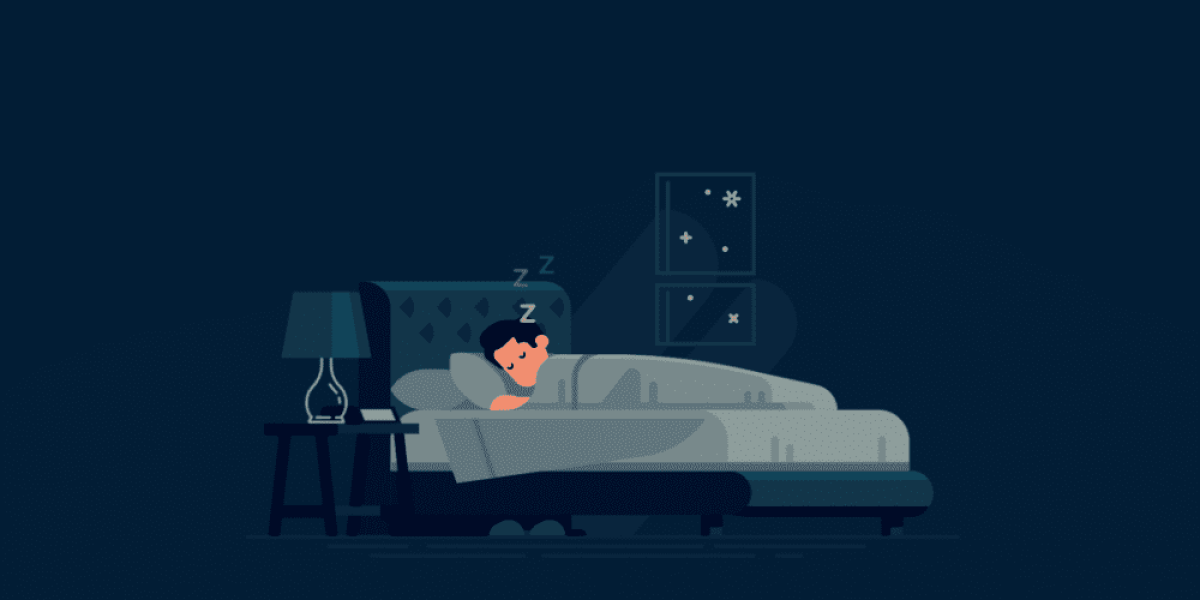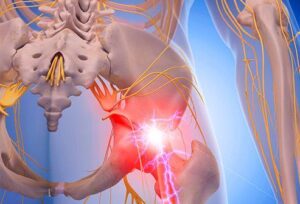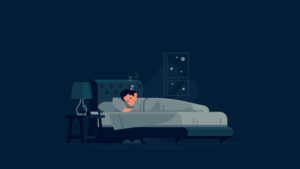How Does Sleep Impact Chronic Pain
The relationship between sleep disturbance and chronic pain is similar to that of the chicken and the egg scenario. If you have chronic pain, you can’t sleep properly. When you don’t sleep properly, your pain symptoms are likely to worsen.
A report from the Centers for Disease Control and Prevention claims that people sleeping less than 7 hours a night are more likely to report 10 chronic health condition, including arthritic pain. About 50 million US residents have sleep issues and according to the report, a third of those deprived of good sleep face report experiencing arthritic pain.
Sleep has restorative effects on your body. Medical studies attest the fact that sleep loss changes mediators of inflammation in the human body. Even healthy individuals face the risk of their increase following reduced sleep time. Inflammatory cytokines play an important role in causing metabolic changes and asymptomatic pain in the human body.
Also, a person deprived of sleep tends to be more sensitive to pain. You don’t need to lose a lot of sleep to feel worsening pain symptoms. Sleep is an important factor in how your brain perceives pain. There exists a link between poor quality sleep and the depletion of serotonin, a chemical in the brain responsible for calming your body. When you have low production of serotonin, your brain has enhanced pain sensitivity.
If you have inadequate sleep over a period of time, you are likely to have a lower pain threshold. As a result, you feel pain more often. Burn-injury patients discharged from the hospital with insomnia are susceptible to chronic pain. Those with fibromyalgia experience more pain when they fail to get proper sleep.
What Pain Researches Say About Sleep
According to a recent report in the Journal of Neuroscience, sleep has an impact on the region of your brain responsible for controlling pain. The lack of sleep irritates that part of the brain and inhibits other parts responsible for pain modulation. More than 80% of subjects in the study reported more sensitivity to pain after sleep deprivation.
A 2012 study published in the Sleep Journal warned of aggravated pain in people with rheumatoid arthritis following sleep disturbances. In 2013, the Journal of Pain reported a review of studies that established the association between sleep disturbance and clinical pain diagnosis. It also found that insomnia was a potent factor in chronic pain disorders. Most of these studies were unanimous in their suggestion to target sleep disorder to make pain prevention and intervention more effective.
Researchers at the Sleep and Pain Lab of the University of Warwick have also discovered the direct relationship between sleep deprivation and back pain, fibromyalgia, and arthritis. They suggest making cognitive therapies as part of your pain treatment strategy.
Sleep quality and duration have a bearing on your chronic pain symptoms. If you have sleep deprivation, due to lack of enough time or following a physical or mental issue, it may worsen pain. Even Often, such enhanced pain is not responsive to analgesics. A number of research studies also claim that poor sleep interferes with analgesic treatments. of a pain inhibiting their effects.
According to a recent report in the Journal of Neuroscience, sleep has an impact on the region of your brain responsible for controlling pain. The lack of sleep irritates that part of the brain and other parts responsible for pain modulation stops working. More than 80% of subjects in the study reported more sensitive to pain after sleep deprivation.
A 2012 study published in the Sleep journal warned of aggravated pain in people with rheumatoid arthritis following sleep disturbances. In 2013, the Journal of Pain reported a review of studies that established the association between sleep disturbance and clinical pain diagnosis. It also found that insomnia was a potent factor in chronic pain disorders. Most of these studies were unanimous in their suggestion to target sleep disorder to make pain prevention and intervention more effective.
Researchers at the Sleep and Pain Lab of the University of Warwick have also discovered the direct relationship between sleep deprivation and back pain, fibromyalgia, and arthritis. They suggest making cognitive therapies as part of your pain treatment strategy.
Tips To Sleep Well
- Make sleep a priority and devote ample time for sleeping. Don’t miss sleep on one pretext or other.
- Focus on “sleep hygiene” – good sleeping habits. Set a bedtime routine and stick to it. Shut off any electronic, sound, and light 20 to 30 minutes before going to bed.
- Avoid thinking about any stressful topic beforwhile sleeping.
- Work on your internal sleep clock, Try sleep and wake up at the same time every day.
- Try meditation or relaxation techniques to induce sleepsleep and its quality. An evening walk is known to boost sleep.
- Resort to relaxing distraction, such as reading books.,
- Avoiding bright light, and visualization, also helps. Limit caffeine and alcohol intake and increase daily exercise time.
- Work to increase your natural sleep drive. Avoid piece-meal sleeping. Condition yourself with a pre-sleep brain state that helps reach a mental state conducive to sleep.
- Finally, pay attention to the ambiance of your bedroom, mattress quality, noise, and temperature. A cool room, comfortable bed, low light, and darker shades help to promote sleepboost sleep prospects.













